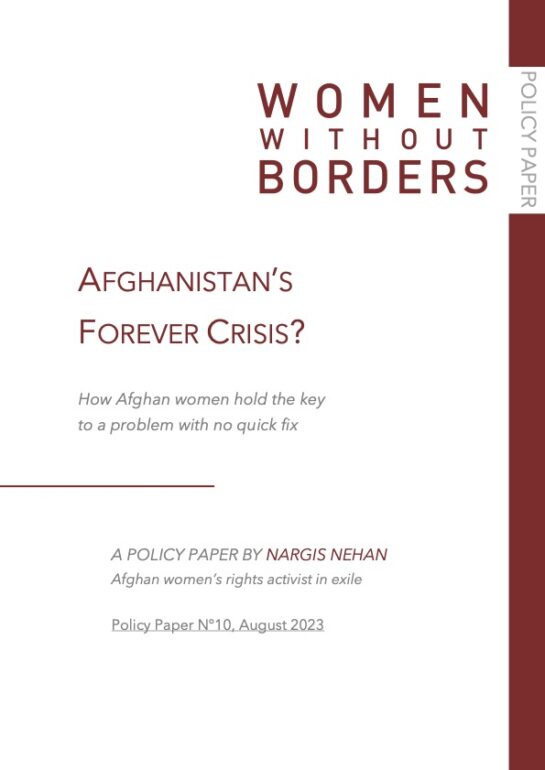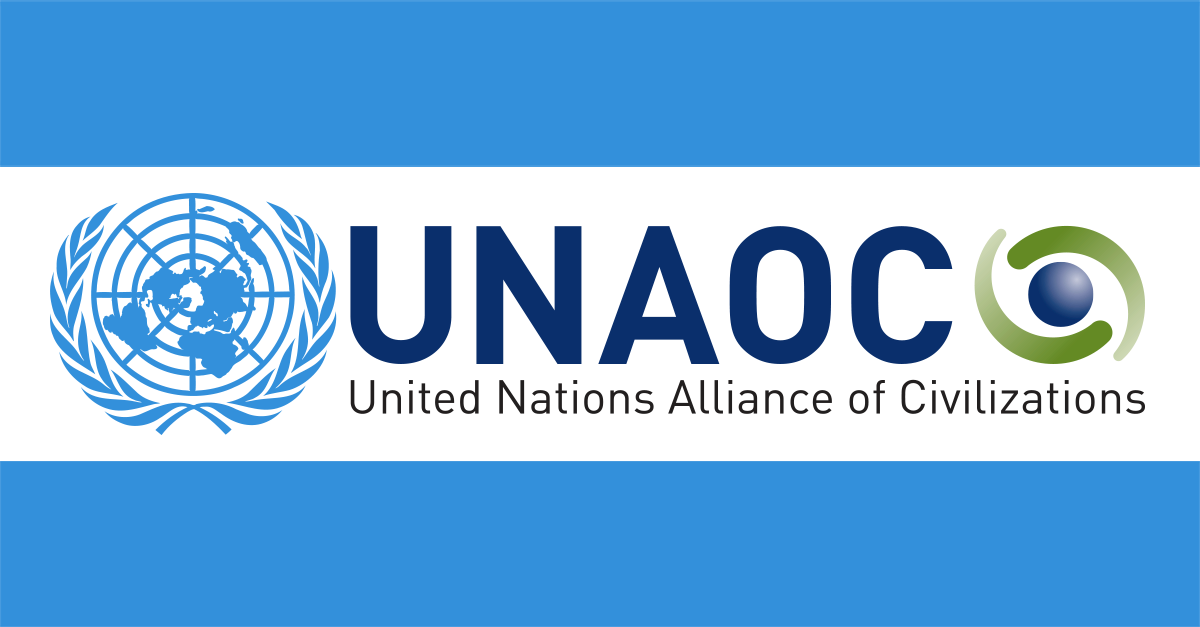In Policy Paper N°10, on the second anniversary of the Taliban takeover, Nargis Nehan, a former Afghan minister, argues that the time has come to give women and the young generation of Afghanistan a chance; to support them to develop an alternative path for their country. What is needed now, Nehan says, is an international platform that will support Afghan women and civil society to self-organise, convene dialogues with other actors, and develop a women and youth centric political pathway for sustainable peace in Afghanistan.
In the wake of the Taliban takeover two years ago, the new regime swiftly cemented its unpopular rule. The list of governance failings and missed opportunities has grown ever since. Since the summer of 2021, the Taliban has hindered the formation of an inclusive and representative government, undermined access to education and work for women and girls, and revoked any amnesty for pre-Taliban era activists, journalists, and members of the security forces. Instead of pursuing widespread purges, the Taliban would have done well to protect its citizens, respect and uphold women’s rights, and embrace civil servants who previously had been running ministries and public institutions to provide critical basic services to its population.
Two years of Western inaction and poor Taliban governance have had a disastrous effect on Afghanistan and its people. The United Nations Office for the Coordination of Humanitarian Affairs (OCHA) reports that Afghanistan humanitarian response is facing substantial ‘critical funding gaps’, amounting to an estimated $1.3 billion. Moreover, the United Nations Security Council’s Sanctions Monitoring Team reports that around twenty international terrorist groups, including al-Qaeda and Tehrik-e-Taliban Pakistan (TTP), are establishing a strong presence in Afghanistan. Links between the Taliban and al-Qaeda are said to be ‘strong and symbiotic,’ with al-Qaeda now ‘rebuilding operational capability’ from its base in Afghanistan. The UN deems it a grave long-term threat to Central Asia.
Read the full policy paper here.




